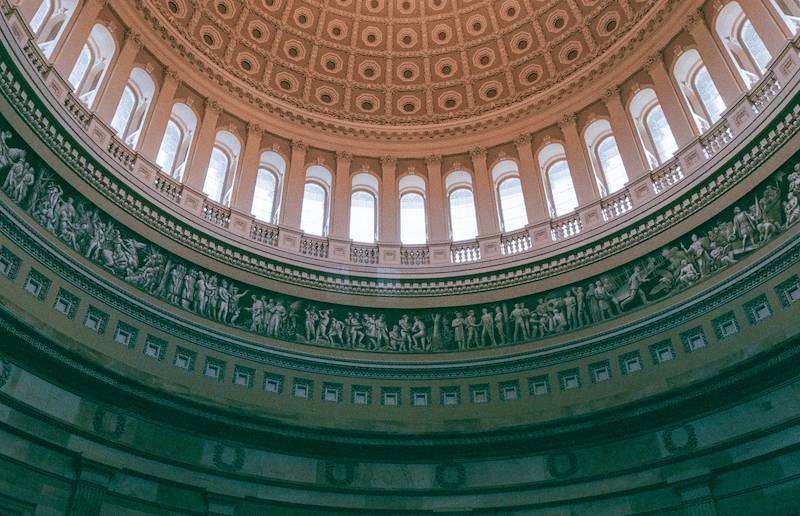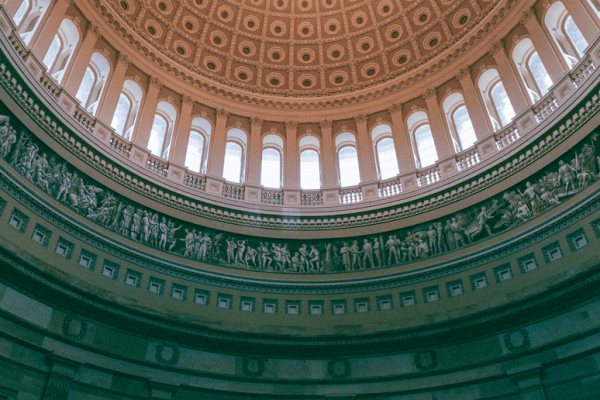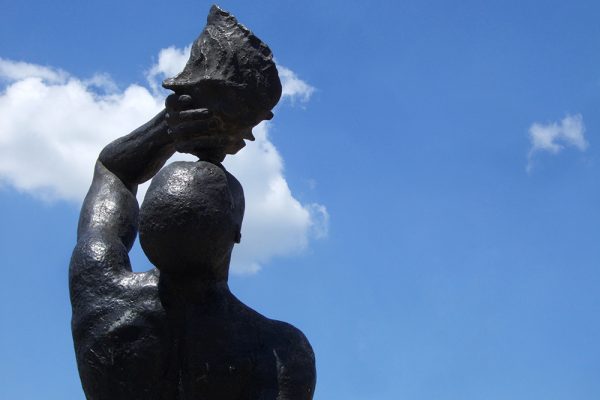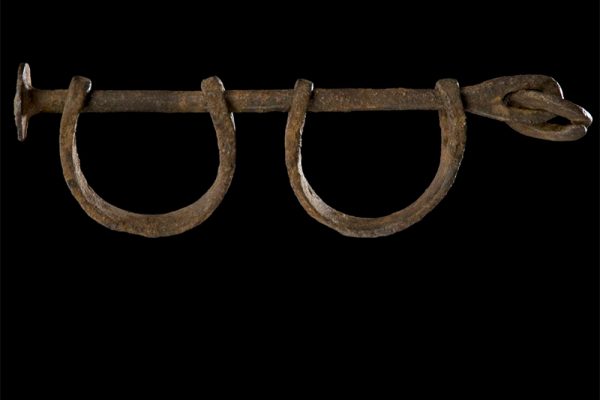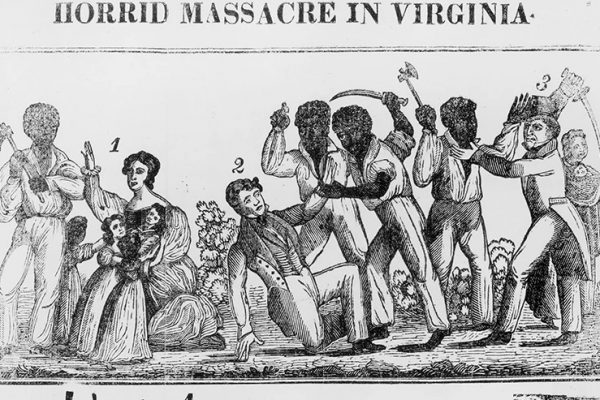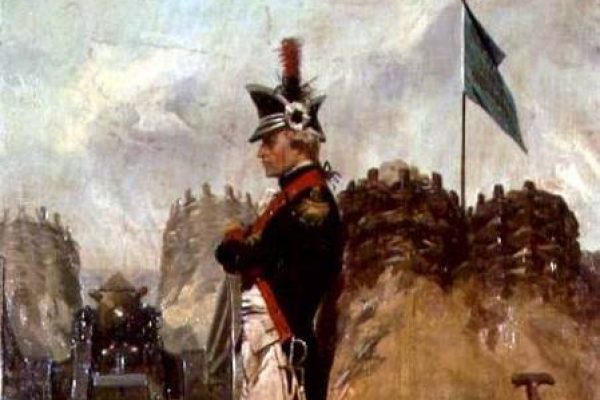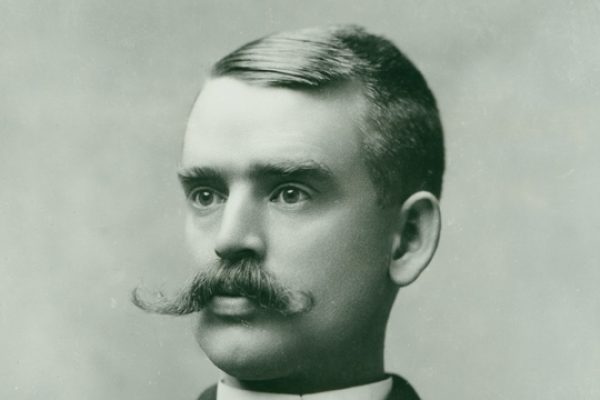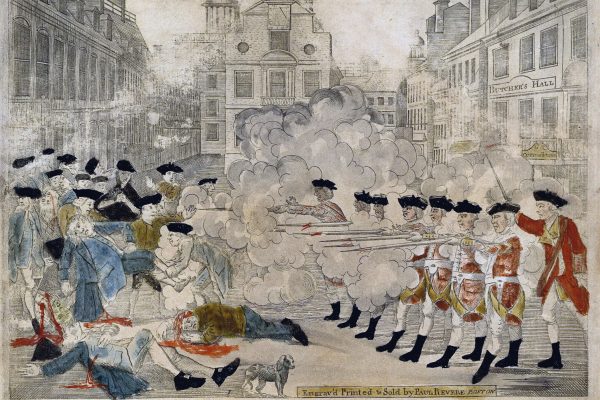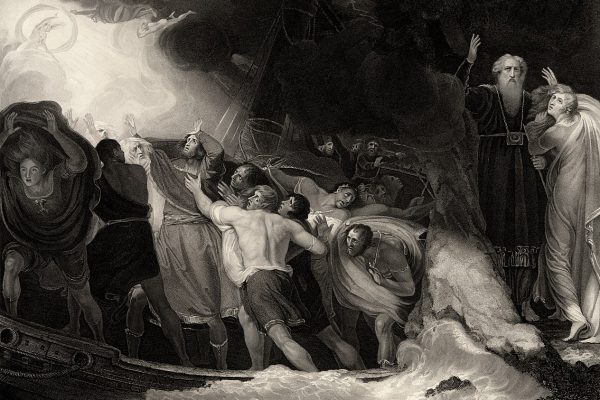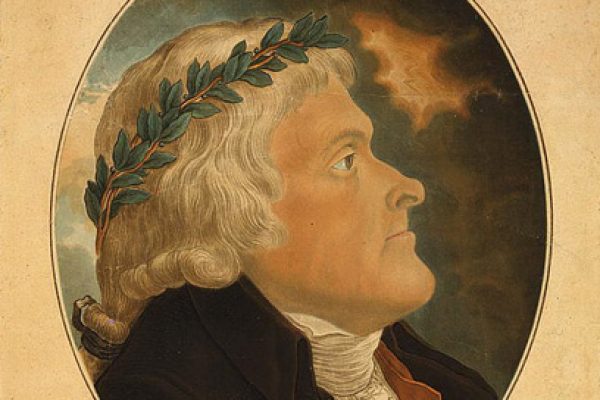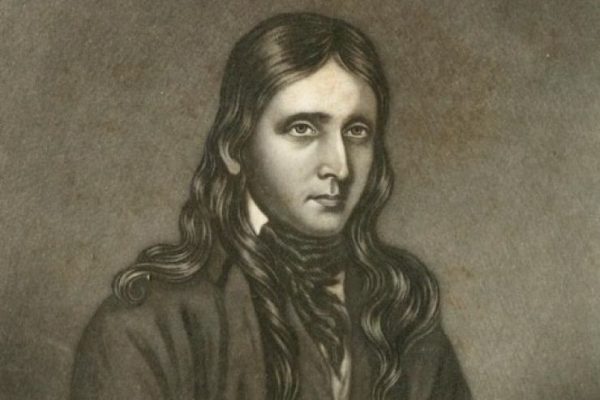It’s been two and a half years since the New York Times’s 1619 Project sought to recast the history of the United States as a story about slavery and its long afterlives. Despite the resulting public debate, the dispute in fact reflects deep, long-standing fault lines in the field of U.S. history over interpretations of the American Revolution—and the significance of revolutions more generally.
These conversations came to the fore again last year as two recent books on the Constitution reflected a similar debate about what has changed in the American past—and what hasn’t. In one of our most-read essays from 2021, historian David Waldstreicher argues that “it may be time to admit that our tendency to think of revolutions as epochal transformations, rather than as circular turns, has not been conducive to understanding the power of racism’s repeated reinventions.”
Today’s reading list delves into the BR archive to bring you additional essays on the revolutionary period in U.S. history, from the troubling national vision of Alexander Hamilton to the religious “fanaticism” of Nat Turner. But not all these essays deal with well-known political actors. Barbara Clark Smith reflects on the public lives of American colonists, locating the heart of their revolutionary demands in a thick vision of popular participation that extended well beyond voting. Alfred F. Young explores how revolutionary movements were led, reversing the typical story of elite influence in a discussion of social history of the U.S. revolution from the bottom up. And both Steven Hahn and Robin Blackburn consider those who are typically sidelined in this Age of Revolution. Indeed, Eurocentrism has meant that Caribbean slave rebellions are often treated as secondary events in this period, thus “diminishing the role of Black people in shaping history,” Hahn argues.
These essays collectively challenge our understanding of both the American Revolution in particular and revolutions in general. We leave the last word Waldstreicher, whose essay on the 1619 controversy teases out the complications and contradictions within the larger debate, showing how they might coexist. “The Revolution was a triumph and a tragedy precisely because it was an emancipation and a betrayal of its egalitarian potential,” he writes. “Denying the radicalism or the reaction against it is to deny that the American Revolution actually was a revolution.”
Two books on the Constitution reflect a vigorous debate about what has changed in the American past—and what hasn’t.
A more complete, bottom-up picture of the role sailors and Black political actors played in making the Atlantic world.
Critics of the 1619 Project obscure a longstanding debate within the field of U.S. history over the antislavery implications of the American Revolution.
Alexander Hamilton’s national vision was far more troubling than his promoters acknowledge.
What the public life of American colonists can teach us about politics.
Since the American revolution, “owning” the Tea Party has been a political act.
Peter Linebaugh and Marcus Rediker tell two hundred years of Atlantic history through the everyday struggles of working people.
It is almost impossible to grasp how much Thomas Jefferson believed in progress.
As soon as there was a Constitution, fights about its meaning began.
